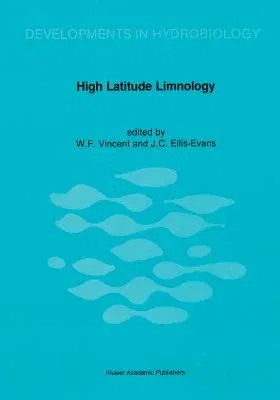High Latitude Limnology (Softcover Reprint of the Original 1st 1989)Paperback - Softcover Reprint of the Original 1st 1989, 5 October 2011

Qty
1
Turbo
Ships in 2 - 3 days
In Stock
Free Delivery
Cash on Delivery
15 Days
Free Returns
Secure Checkout
Part of Series
Developments in Hydrobiology
Print Length
324 pages
Language
English
Publisher
Springer
Date Published
5 Oct 2011
ISBN-10
940107674X
ISBN-13
9789401076746
Description
Product Details
Book Edition:
Softcover Reprint of the Original 1st 1989
Book Format:
Paperback
Country of Origin:
NL
Date Published:
5 October 2011
Dimensions:
25.4 x
17.78 x
1.78 cm
Genre:
Ecology
ISBN-10:
940107674X
ISBN-13:
9789401076746
Language:
English
Location:
Dordrecht
Pages:
324
Publisher:
Series:
Weight:
585.13 gm

